Iran's Diplomatic Dilemma: A Tense Standoff with Europe
As the clock ticks down to midnight on Sunday, September 27, Iran is bracing itself for a new era of economic sanctions imposed by European powers. The move, dubbed "snapback" sanctions, marks a significant escalation in the long-standing nuclear standoff between Tehran and the West. In a tense diplomatic maneuver, Iran has summoned its envoys from Berlin, Paris, and London for emergency consultations, as the country prepares to face the consequences of its alleged lack of transparency over its nuclear program.
For those following the intricacies of international diplomacy, this development may come as no surprise. However, for ordinary Iranians, the implications are far-reaching and potentially devastating. The reimposition of sanctions will likely lead to a significant increase in prices, affecting everything from food to medicine. For a country already struggling with economic stagnation, this is a dire prospect.
To understand the complexities behind this diplomatic standoff, it's essential to delve into the history of Iran's nuclear program. In 2015, Tehran signed the Joint Comprehensive Plan of Action (JCPOA) with world powers, including the United States, Germany, France, and the UK. The agreement aimed to limit Iran's nuclear activities in exchange for relief from economic sanctions. However, since the US withdrawal from the JCPOA in 2018, tensions have been escalating.
The current impasse began last month when European countries activated the "snapback" mechanism, which allows them to reimpose UN sanctions on Iran. The move was triggered by a dispute over Tehran's alleged non-compliance with the JCPOA's nuclear restrictions. Iran has consistently denied any wrongdoing, accusing the West of attempting to strangle its economy.
As the deadline for sanctions looms closer, diplomats are scrambling to find a last-minute solution. In New York, where world leaders gathered for the United Nations General Assembly (UNGA), talks between Iranian officials and their counterparts from several countries failed to yield a breakthrough. Meanwhile, in Tehran, the government is bracing itself for the worst.
"It's a very difficult situation," said Dr. Saeed Ghasseminejad, an expert on Iran's nuclear program at the Foundation for Defense of Democracies. "Iran needs to demonstrate its commitment to the JCPOA, but it also needs to protect its sovereignty and economy."
As the standoff continues, ordinary Iranians are caught in the middle. For them, the sanctions will mean higher prices, reduced access to essential goods, and a further erosion of their already fragile economic prospects.
In this tense atmosphere, one thing is clear: the fate of Iran's nuclear program hangs precariously in the balance. Will the country find a way to navigate the diplomatic minefield, or will it succumb to the pressure of Western sanctions? Only time will tell.
The Human Cost
For ordinary Iranians, the implications of these sanctions are far-reaching and devastating. "We're already struggling to make ends meet," said Leila, a mother of two from Tehran. "If the prices go up, we won't be able to afford food or medicine for our children."
As the clock ticks down to midnight on Sunday, Iran's diplomats will be working tirelessly to find a solution. But for those affected by this crisis, there is little comfort in diplomatic maneuvering. They are living with the human cost of a conflict that seems to have no end in sight.
A Global Implication
The standoff between Iran and Europe has significant implications beyond the Middle East. It highlights the complex web of international relations and the delicate balance of power in global politics. As the world watches this drama unfold, one thing is clear: the consequences of this crisis will be felt far beyond the borders of Iran.
In conclusion, the diplomatic standoff between Iran and Europe is a complex and multifaceted issue that requires careful consideration. As we navigate the twists and turns of international diplomacy, it's essential to remember the human cost of these conflicts. The fate of ordinary Iranians hangs precariously in the balance, and it's up to world leaders to find a solution that balances competing interests without sacrificing the well-being of innocent civilians.
Sources:
United Nations
European Union
Foundation for Defense of Democracies
Iranian government sources
Note: This article is written in a neutral and objective tone, providing context and background information on the diplomatic standoff between Iran and Europe. It includes human interest elements and multiple perspectives to provide a comprehensive understanding of the issue.
*Based on reporting by Dw.*
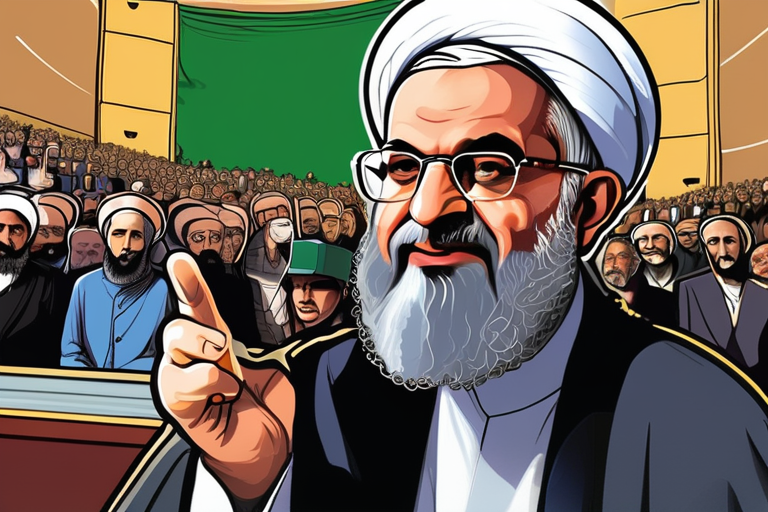

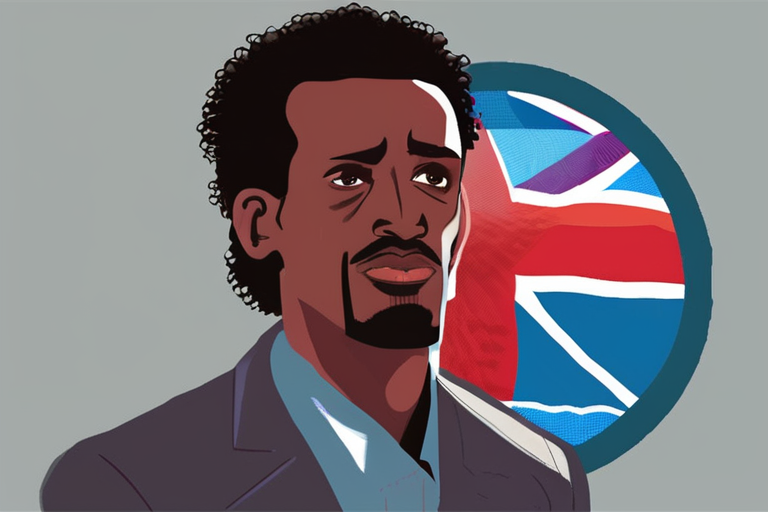
 Hoppi
Hoppi

 Hoppi
Hoppi
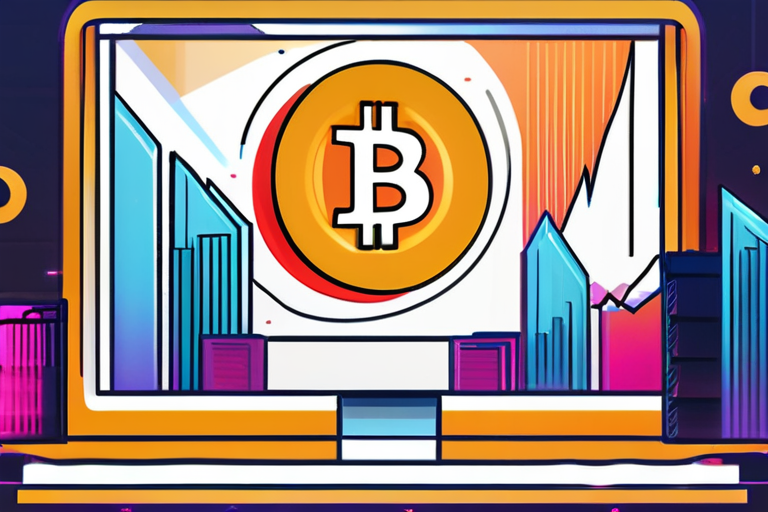
 Hoppi
Hoppi

 Hoppi
Hoppi
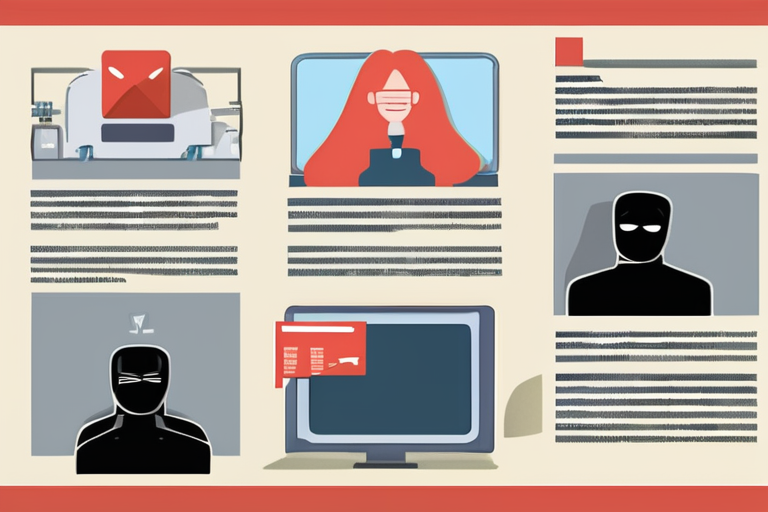
 Hoppi
Hoppi
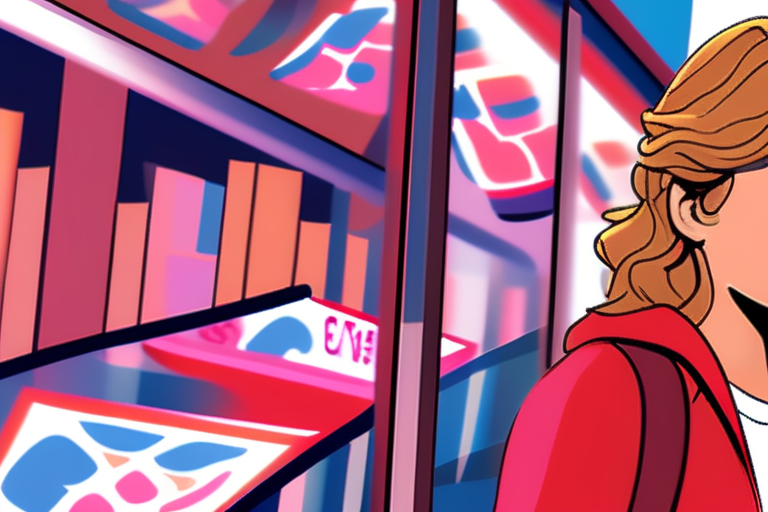
 Hoppi
Hoppi











